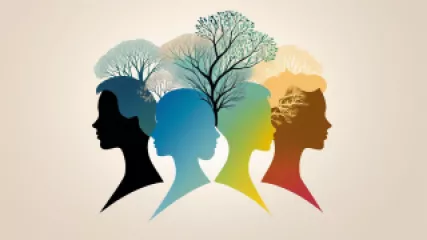Building a Psychologically Safe Workplace: A Step-by-Step Guide
1 year ago
Psychological Safety at Work
Unlocking Hope: An Interview with a Therapist Helping Adolescents Overcome Challenges
1 year ago
Adolescent Challenges
Exploring the Power of Therapy to Address Boredom: An Interview with a Clinical Psychologist
1 year ago
Dealing with Boredom
The Ultimate Guide to Understanding and Managing Child Behavior
1 year ago
Child Behavior
Are Traditional Gender Roles Still Relevant in Modern Society?
1 year ago
Gender Roles in Society
Expert Interview: Unlocking the Secrets to Better Sleep for Improved Mental Health
1 year ago
Sleep Importance
Overcoming Self-Harm: A Personal Perspective
1 year ago
Self Harm
7 Powerful Resilience Lessons from Harry Potter
1 year ago
Building Resilience in Kids
The Ultimate Guide to Overcoming Disappointment
1 year ago
Dealing with Disappointment
Proven Strategies to Manage Financial Stress and Achieve Resilience
1 year ago
Managing Financial Stress
How Social Networking Impacts Personal and Professional Lives: An Interview with a Social Media Influencer
1 year ago
Social Networking Impact
The Psychology Behind Thoughtful Gift Giving
1 year ago
Psychology of Gift Giving
Why Psychoeducation is Essential for Mental Health
1 year ago
Psychoeducation
Mastering Mood Management: A Step-by-Step Guide
1 year ago
Understanding Moods
The Ultimate Guide to Accessing Online Counseling Services for Anxiety
1 year ago
Counseling Services














